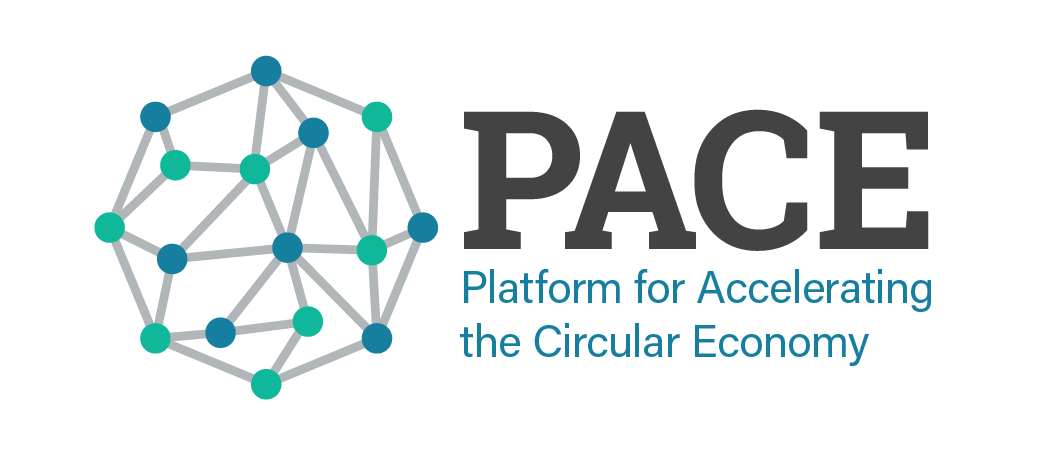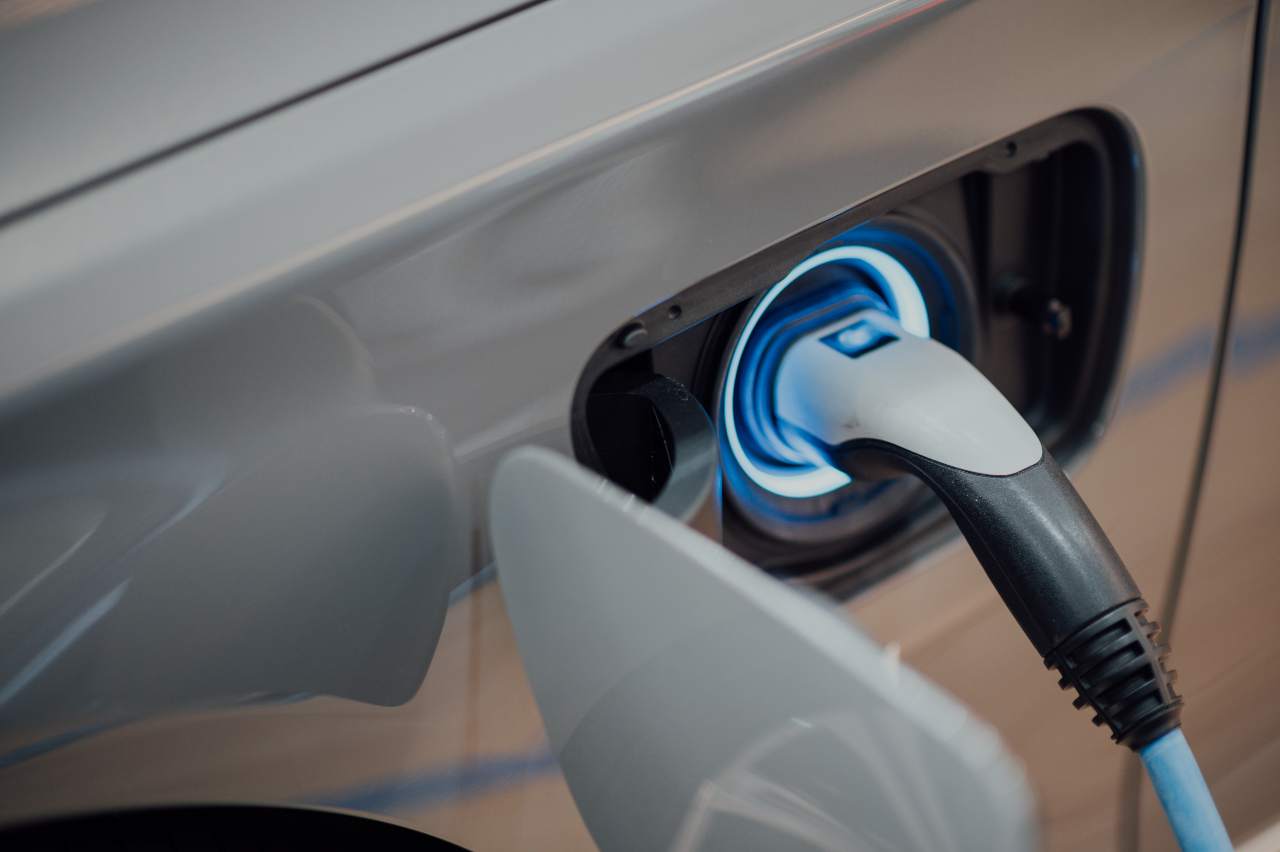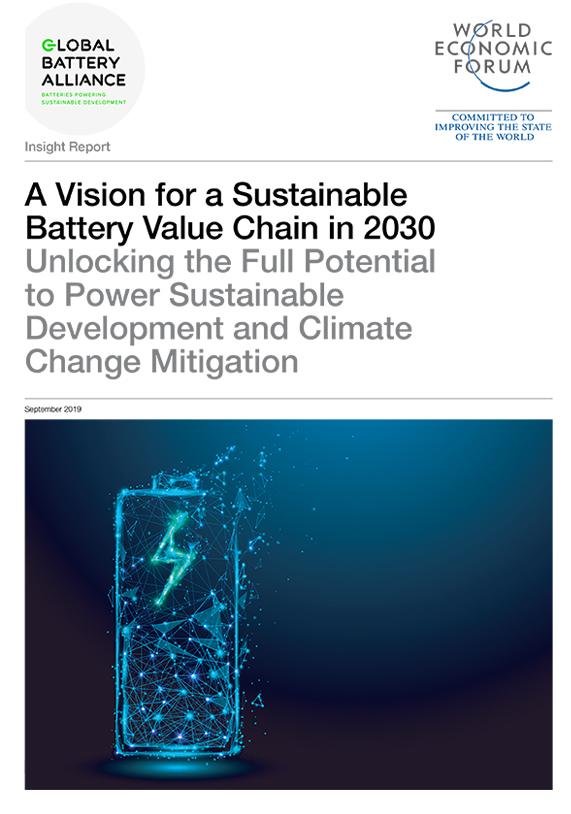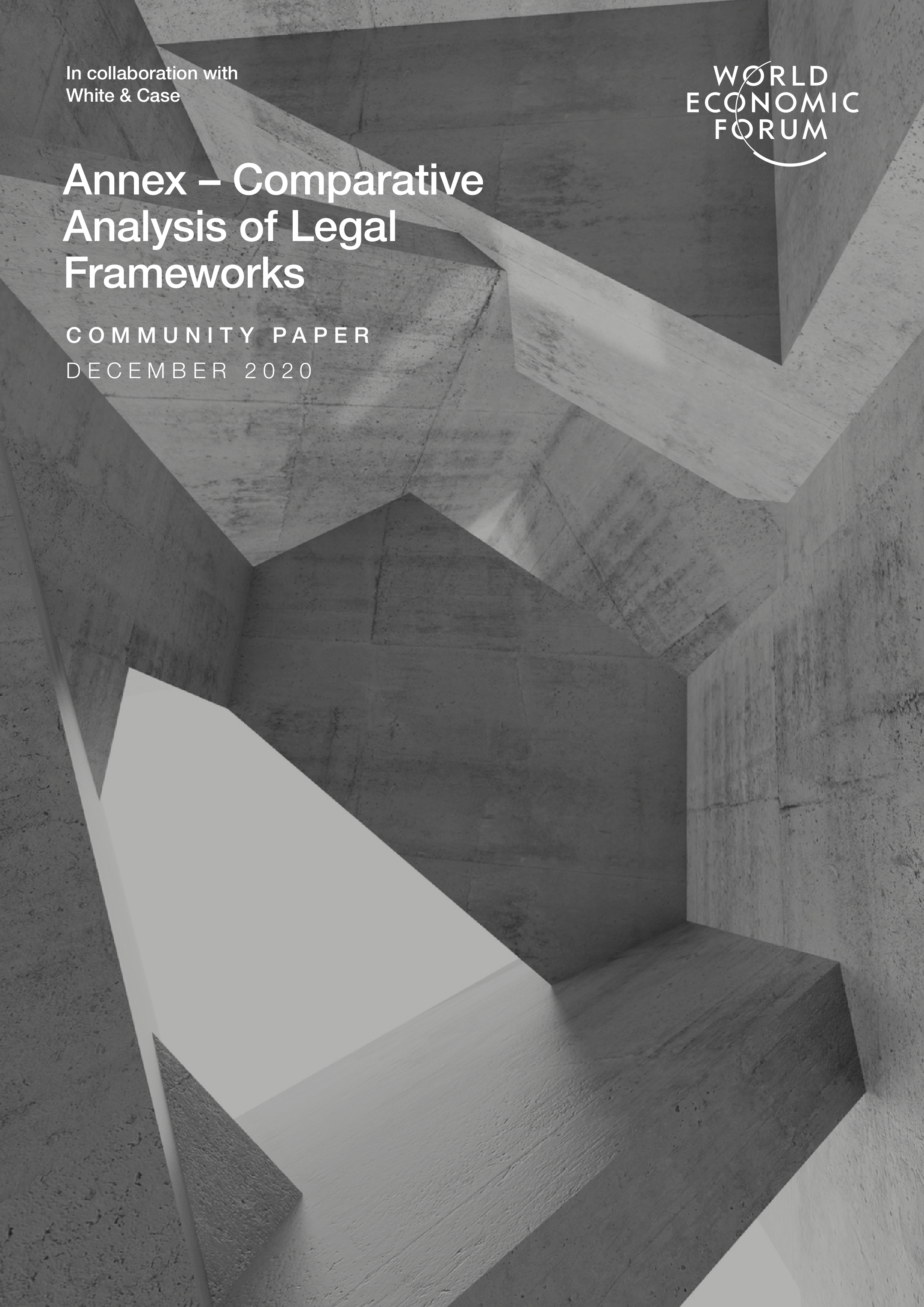Global Battery Alliance
Long term ambition
Global Battery Alliance seeks to ensure that the battery value chain is socially responsible, environmentally and economically sustainable and innovative.
Context
-
By 2025, the battery market will reach $100 billion, primarily driven by the growing global stock of electric vehicles. However, this growth comes at a social and environmental toll
-
Raw materials needed for batteries are linked to social and environmental issues
-
No scaled systems are in place to enable re-use and recycling of over 11 million tons of the spent lithium-ion batteries forecast to be discarded by 2030
-
Innovation potential remains unexploited along the value chain, holding back greater supply chain transparency, business model and technological innovation
Objectives
-
Support responsible and sustainable supply chains of key raw materials
-
Accelerate the transition towards a circular economy for batteries
-
Support collaboration to unlock innovation along the value chain
Project description
With respect to circular economy pillar in the Alliance:
-
The circular economy market and its potential evolution over time will be assessed in a scoping study (by early 2019)
-
Opportunities to lower repurposing and re-use costs for batteries will be assessed (e.g. standard-setting, establishing a framework to help address regulatory and liability challenges)
-
Barriers to recycling of electric vehicle battery will be quantified and a public-private pilot launched to test scalable solutions
-
A portable electronics collection pilot is being scoped to test how materials can be recovered more efficiently
Partners
Responsible Business Alliance (RBA), World Economic Forum, African Development Bank, Responsible Business Alliance, UNEP, Amara Raja Group, Audi, BASF, BMW, BP, China Chamber of Commerce of Metals, Minerals and Chemicals Importers and Exporters, Clarios, ClimateWorks Foundation, Deme Group, GIZ, Enel, Envision Group, ERG, Everledger, Fairphone, Glencore, Good Shepherd International Foundation, Google, Groupe Renault, Honda, Huayou Cobalt, International Energy Agency, Johnson Matthey, LeasePlan, LG Chem, London Metal Exchange, Mahindra, NPL, OECD, Pact, Pure Earth, RCS Global, RESOLVE, Responsible Battery Coalition, Saft, SAP, SK Innovation, Signify, Stanley Black & Decker, Center for Business and Human Rights at the Stern School of Business (New York University), Sociedad Quimica y Minera de Chile (SQM), Trafigura Group, Transport & Environment, Umicore, UNICEF, Vale, Volkswagen Group, Volvo Group, Wesfarmers, World Bank Group.



